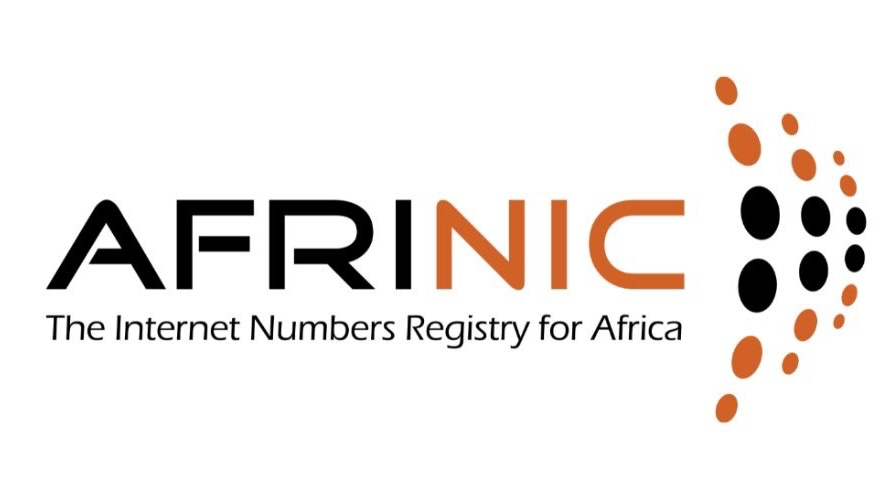- AFRINIC’s board election was suspended due to a contested proxy vote and staff interference, triggering legal scrutiny and ICANN pressure.
- The legal battles have frozen AFRINIC operations since 2022, risking delays in IP resource allocation for African ISPs.
Governance Crisis and Proxy‑Vote Dispute
On June 23, 2025, AFRINIC held its first in‑person board election in Mauritius since being placed under receivership in 2022. Just minutes before polls closed, the Nomination Committee halted voting because of a single “phantom” proxy vote. AFRINIC staff had called a resource owner listed under the proxy, and that person denied signing it. As a result, the committee invalidated over 800 proxy ballots and froze the entire election.
Before this, AFRINIC had accepted proxy votes in past elections and voters used notarized Powers of Attorney (PoAs) following established rules. Many delegates, especially from smaller networks relying on proxies, say the cancellation was excessive and punitive, as 80% of proxy votes—mainly managed by Number Resource Limited (NRL)—had not been cast before the suspension.
At least one stakeholder filed a criminal complaint in Mauritius, alleging AFRINIC breached voter confidentiality and disrupted a legitimate election process. ICANN also intervened: on June 6, 2025, it formally warned AFRINIC it might face a compliance review under global registry rules, stressing that electoral fairness and transparency must be restored.
Many members argue the fundamental issue was AFRINIC staff interfering mid‑vote by contacting voters—a breach of internal bylaws that prohibit contact during voting. If the concern was genuine, critics say AFRINIC could have canceled only the disputed proxy and allowed the rest of the vote to proceed. Instead, the whole election was canceled, deepening fears of selective enforcement and political maneuvering.
Also Read: AFRINIC election staff calling voters: A breach of confidentiality
Also Read: How AFRINIC violated its own election rules during ballot handling
Legal Limbo and Its Ripple Effect
Since mid‑2021, AFRINIC has been embroiled in legal action, notably with Cloud Innovation Ltd over the failed attempt to revoke IP addresses due to alleged policy violations. In late 2022, a court in Mauritius froze AFRINIC’s bank accounts and appointed a judicial receiver. Since then, no elected board has been in place and key governance functions were under judicial control.
The lack of elected leadership has impaired AFRINIC’s ability to allocate IP address blocks and autonomous system numbers (ASNs). Multiple African network operators have already reported delays in receiving new resources, slowing infrastructure projects and limiting service expansion. This highlights how important these elections were.
The June 26 receiver-annulled election and subsequent court-approved extension until September 30 2025 provide a narrow window to restore order. But ICANN’s June 25 letter warned more strongly: without swift action, AFRINIC risks reassignment of its RIR mandate or other compliance measures. ICANN has asked for detailed responses on proxy handling, membership data access, and internal investigations.
While AFRINIC plans to rerun the election under stricter scrutiny and improved PoA validation, it has not yet clarified disciplinary actions for staff involved in the call, nor released full investigation results. Stakeholders worry that without transparent accountability, trust cannot be rebuilt.
African internet users and small network providers bear the cost of these governance failures. Delays in IP allocation can limit access, hamper service upgrades, and slow rural connectivity. With the deadline approaching, restoring a credible, functional election is vital for AFRINIC to regain legitimacy, fulfill its charter, and support internet growth across the continent.

